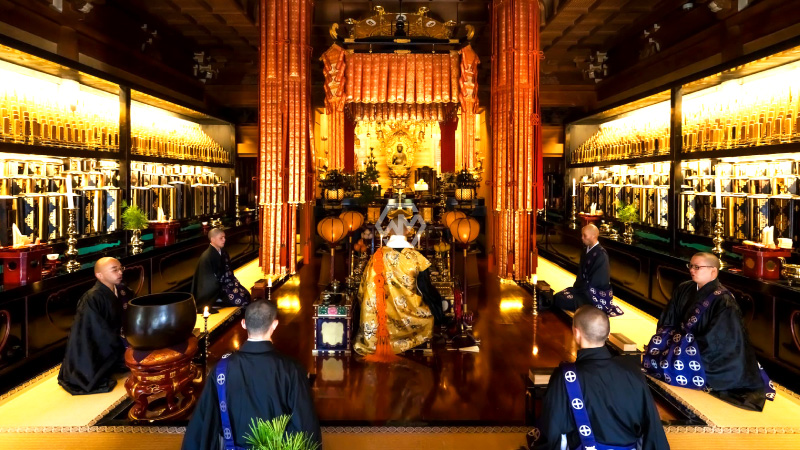‘Shukubo‘ is a safe house for travelers and aristocrats, the sanctuary remains presently permits sightseers to get away from Japan’s clamoring urban communities and experience life like a priest with Buddhist food and reflection.
For quite a long time, blessed men, explorers, and aristocrats ventured the hallowed ways that crossed Japan looking for information and illumination. Toward the finish of a drawn-out day hiking the mountain ways, they perpetually searched out an “opera,” or sanctuary, to rest their fatigued bodies.
‘Shukubo’ is Opened now
The basic convenience that sanctuaries had the option to offer, alongside conventional feasts and supplications, became known as “shukubo.”
What’s more, now that pioneers are a unique case in Japan, the sanctuaries are opening their sliding wooden ways to explorers from around the world.
“Certain individuals utilize the lodgings when they are on excursions to show their confidence, yet the quantity of those individuals is diminishing,” said Kaiji Yamamoto, a senior priest at Zenkoji Sanctuary in Takayama, situated in the focal rugged Gifu Prefecture.
- ‘Shukubo’ was the Japanese word that means sleeping with the monks.
- ‘Shukubo’ is a temple lodgings in Japan and tourist spot.
- Now the ‘Shukubo’ is open for the tourists.
In the early long stretches of shukubo, the convenience could be genuinely austere, by pioneers’ plain practices. Visitors frequently snoozed in shared rooms and partook in reflection and petition meetings at various times and nights with the occupant priests.
Customary Buddhist “shojin ryori” feasts were served with next to no meat, fish, or other creature items.
Normal fixings in a multi-course feast incorporate occasional vegetables and plants assembled from the mountains encompassing the sanctuary, alongside tofu and soybean-based food varieties. Taken together, these fixings are accepted to carry equilibrium and arrangement to the body, psyche, and soul.
“Today, an ever-increasing number of voyagers are utilizing shukubo as a one-of-a-kind spot to remain and to convey a quieting experience,”
– KAIJI YAMAMOTO



